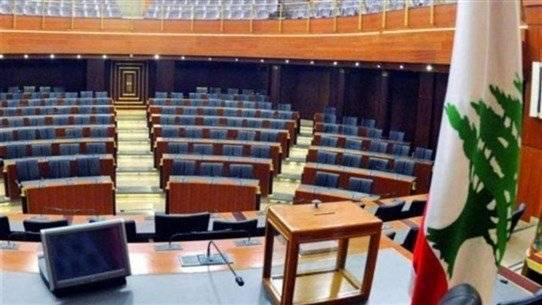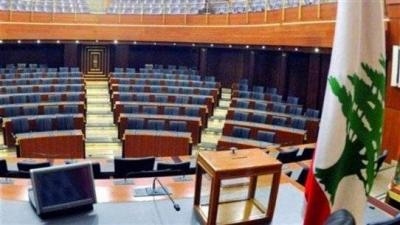The Constitutional Council in Lebanon confirmed the membership of six deputies who won the parliamentary elections held last May, rejecting the appeals made against them by competitors who lost the electoral battle. However, it postponed the decision on ten other appeals until it completes studying their files, raising concerns among observers about the fragmentation of the appeals.
The President of the Constitutional Council, Judge Tannous Mashlab, announced the results of six appeals out of the fifteen submitted to him, stating: "We issued a unanimous decision to reject the appeals presented by the (losing candidates): Paul Hamad against Deputy Elias Khoury (Tripoli), Tanius Mahfoud against Deputy Jamil Aboud (Tripoli), Mohammad Shafiq Hamoud against Bilal al-Hachimi (Zahle - Bekaa), Ibrahim Aazar against deputies Said Asmar and Charbel Mas'ad (Jezine - South), and Marwan Khairuddin against Deputy Firas Hamdan (Hasbaya - Marjayoun in the South)."
In response to journalists' questions, the President of the Constitutional Council rejected any rumors about pressure exerted on him and the council members, indicating that "the decisions were made unanimously after a thorough discussion of all files." He remarked, "The speculations were misplaced, and no one has asked me about any file or exerted pressure on me."
Regarding the delay in issuing decisions for the remaining appeals, he noted that the council "is still working within the legal timeframe stipulated by law, which is set at three months from the date of their notification of their tasks ten days after the council received the appeals on June 17. Then, there is an additional month for the council to deliberate and issue its decisions."
The confirmation of Firas Hamdan's membership, a member of the Change Bloc in Hasbaya, and the confirmation of the membership of Charbel Mas'ad from the "Strong Republic" parliamentary bloc (the Lebanese Forces) surprised observers, as the result contradicted expectations and leaks suggesting a high probability of invalidating their membership. However, a prominent source in the Constitutional Council considered that "the results undeniably prove that the decisions were free from any political interference or external guardianship." He stated to "Asharq Al-Awsat," "The only guardian for each judge among the council members is his conscience and his judicial history." He added, "Our view of the files came from the available information, statements from those involved, and the results of the ballot boxes." He reminded that "the law entrusted the Constitutional Council with the task of ruling on appeals, and the council has fulfilled this duty impartially and will maintain its integrity; it cannot be outbid or have doubts cast on its decisions."
While the rejection of the five appeals reflected relief among sovereign blocs and among independent and change-seeking deputies, anticipation remains the order of the day awaiting the results of other files, coupled with caution regarding the potential nullification of the membership of deputies aligned with opposition blocs in favor of the other team. This is particularly true for the appeal made by Deputy Faisal Karami regarding Deputy Rami Fanj's Sunni seat in Tripoli. Constitutional expert lawyer Dr. Said Malik stated that the Constitutional Council "did well in the form of issuing the five decisions, but in substance, there are concerns regarding the fragmentation of the appeals." He commented in a statement to "Asharq Al-Awsat" that "the issuance of appeals in batches raises suspicions regarding other reviews." He noted, "The appeals that were ruled upon yesterday should have been rejected by any council long ago because they are weak, lack strong justification, and do not allow for interpretation." He pointed out that the Constitutional Council "previously issued decisions on appeals filed after the elections of 1996, 2000, 2005, 2009, and 2018, all of which were issued collectively and not fragmented as is happening now." Malik added, "The mechanism followed by the council this time raises fears of some sort of arrangement, and the hesitation regarding ten appeals is a sign of concern, not reassurance," emphasizing that "there are those betting on changing equations and the balance within the Lebanese parliament through the remaining appeals, which will certainly impact the size of each bloc."




